Some of our most loved breeds have a natural predisposition towards dental disease. To manage the extent of the damage and prevent your pup from suffering, it’s important to learn about your dog’s individual dental needs.
This starts with gaining knowledge on your dog’s breed and establishing a game plan with your veterinarian.
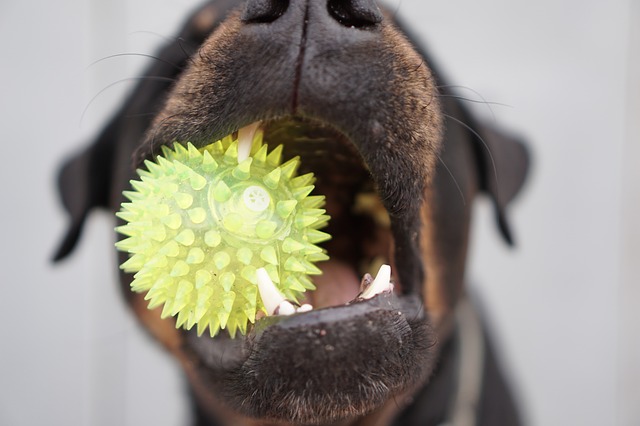
Brachycephalic Breeds Prone to Dental Disease: Pugs, Bulldogs, Shih Tzus, Brussells Griffons
The signature squish faces of brachycephalic breeds, like Pugs and English Bulldogs, are hard not to love. But they also leave the dogs prone to dental disease. Those short little jaws don’t leave much breathing room for their 42+ adult teeth; they end up with underbites and crowding.
Debris trapped between the teeth leads to potentially dangerous complications, such as:
- plaque
- tartar
- inflammation
- infection
- tooth decay
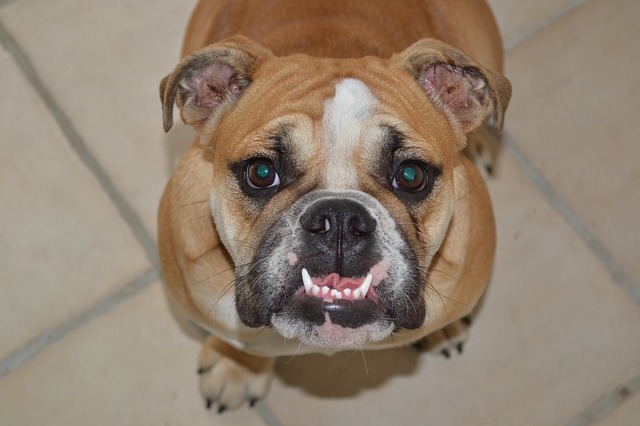
Ideally, a healthy brushing and chewing routine should be established when your short-muzzled dog is still a pup. These breeds are known to be feisty little fellas, so the earlier you teach them to tolerate brushing, the better! Even with a great home care routine, most brachycephalic dogs will eventually require professional cleanings from your vet to avoid developing dental disease.
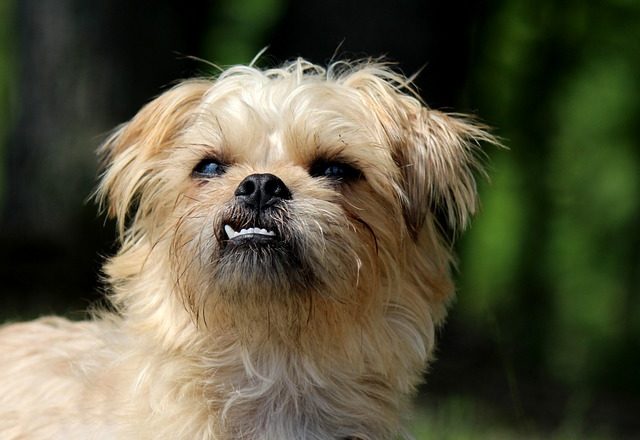
Toy Breeds Prone to Dental Disease: Yorkies, Chihuahuas, Cavalier King Charles Spaniels, Maltese
Many toy breeds are prone to retained deciduous teeth. In larger dogs the adult teeth push out the baby teeth as they grow in. If that fails to happen, the adult teeth may grow in crooked and crowded. This crowding, paired with genetic predispositions to gum and dental disease, excessive tartar and premature tooth decay, makes dental care very important for your toy dog’s health.
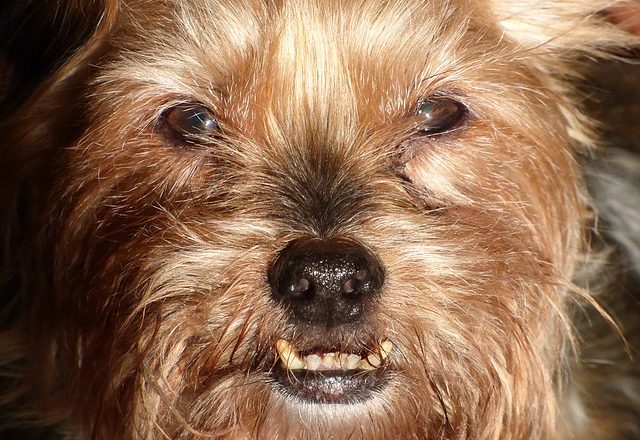
Consult with your vet on the best foods, bones and products to use, and be sure to point out any sneaky baby teeth that have not fallen out by the time your pup is ready to be spayed or neutered. Swallowed plaque, tartar and infection can irritate your toy dog’s already sensitive tummy and contribute to heart and organ disease.
Chinese Cresteds
The hairless variety of this breed suffers from dental problems due to a genetic link between hairlessness and missing teeth. The teeth they do have are soft and peg-like with shallow root systems. The teeth have a tendency to slope forward and can press into the lips or gums. The deck is stacked against them for developing dental disease. It is not uncommon for hairless Chinese Cresteds to begin requiring professional cleanings and extractions when they are as young as 2. They often require a diet of canned or soft home cooked food.
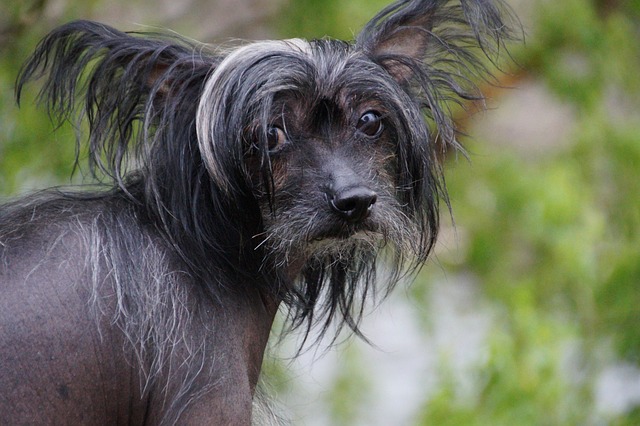
Shetland Sheepdogs (Shelties)
This regal breed is high on the list of dogs predisposed to dental issues. Their long, slender muzzles often cause them to be born with misaligned bite patterns. In some Shelties, certain teeth never come in at all.
Starting a dental care protocol with your Sheltie is important to keep issues like dental disease at bay. Have your veterinarian conduct a thorough dental exam and recommend which dental products to use at home. Shelties often require professional cleaning procedures and extractions throughout their life.
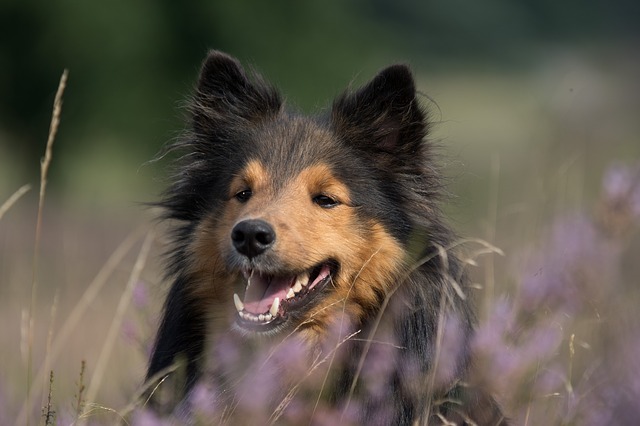
Greyhounds/Italian Greyhounds
These slender hounds are prone to conditions of the enamel that leave the teeth open to early decay. They also have a genetic tendency towards gum recession. The National Greyhound Adoption Program (NGAP) notes that on top of their genetic predispositions to dental disease, the high bacteria raw diet fed to racing dogs definitely contributes to the problem.
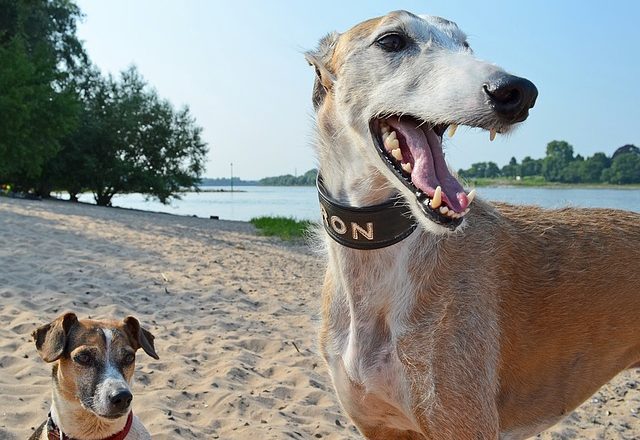
Establishing a home dental care plan and routine veterinary cleaning schedule is imperative in keeping your Greyhound or Italian Greyhound’s mouth as healthy as possible.
Related: 7 Dental Products, Chews, & Toys to Clean Your Greyhound’s Teeth
Staving off dental disease is easier said than done. Tooth brushing can be a challenge as many dog’s don’t like objects being inserted into their mouths. There are other things you can work into your hygiene routine that your dog might be more fond of. Check out this post on The Best Dog Detnal Hygiene Hack Your Pup Will Love.
 Toledo, United States.
Toledo, United States.